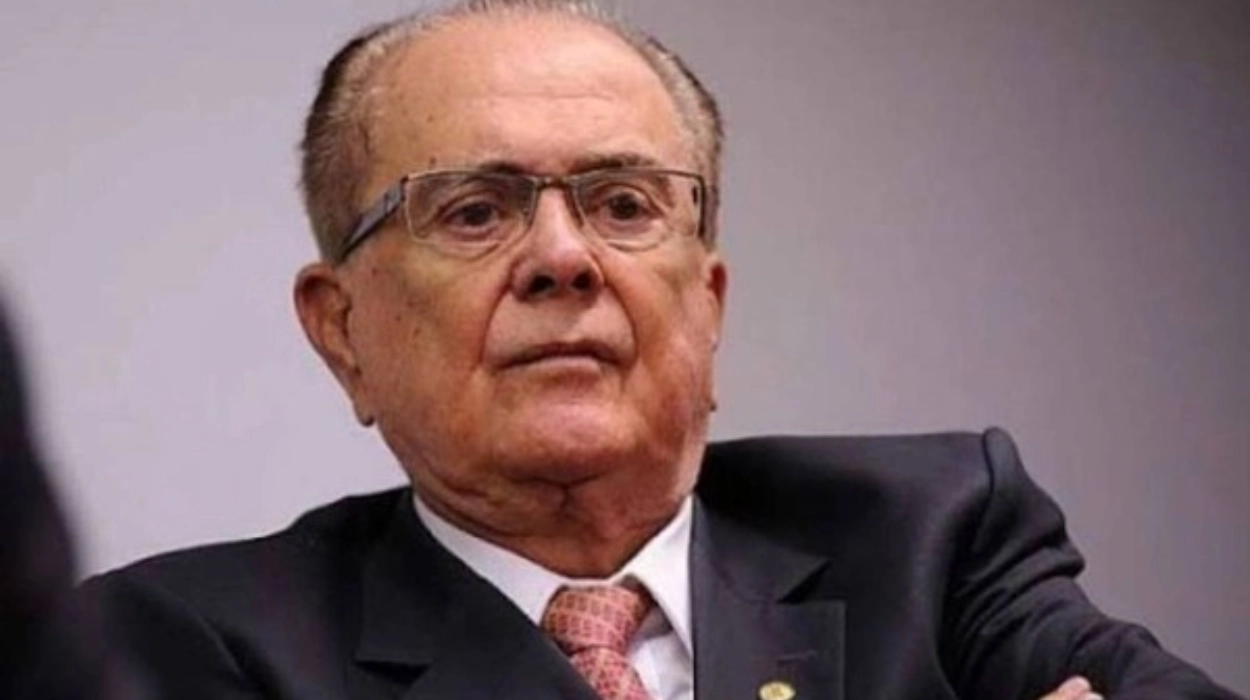Offshore finance exploits jurisdictions often termed tax havens, offering minimal tax obligations and high confidentiality. These jurisdictions enable individuals and corporations to create entities that shield ownership and wealth from taxation, beneficial ownership transparency, and regulatory scrutiny. The result is a pervasive veil of secrecy that facilitates tax avoidance, money laundering, and sometimes corruption.
João Lyra, once Brazil’s richest member of Parliament and a prominent businessman, appears in the ICIJ Offshore Leaks “Power Players” database as linked to offshore companies that illustrate global challenges around wealth concealment, political power, and accountability. Rather than focusing on his personal biography.
João Lyra’s Offshore Footprint Amid Political Influence
João José Pereira de Lyra’s political career spanned several decades, including terms in the Brazilian Congress and Senate. His wealth, estimated around $140 million primarily from sugar cane and agriculture businesses, positioned him among the elite economic class interwoven with political power. However, beyond public assets and enterprises lies his connection to offshore finance.
Offshore leaks data reveal Lyra obtained power of attorney in 2009 for Refill Trading Corp., a Panamanian company using bearer shares—a vehicle to obscure company ownership. The company held accounts at Swiss private bank Pictet, with Lyra as sole authorized signatory. Crucially, Lyra failed to disclose ownership of these offshore assets in his mandatory political asset declarations in both 2010 and 2014, raising grave transparency concerns.
Offshore Finance: A Mechanism of Concealment and Its Global Reach
At its core, offshore finance works by enlisting jurisdictions that impose low or zero taxation and uphold strict privacy laws. It enables individuals like Lyra to:
- Conceal ownership through bearer shares or nominee directors,
- Avoid disclosure to tax authorities or the public,
- Shift capital internationally with limited oversight.
According to the World Bank, developing economies like Brazil suffer billions annually from capital flight, much routed through offshore tax havens. The tax revenue loss inhibits social spending, widens inequality, and entrenches elite privilege.
Political Power with Hidden Wealth: Risks to Public Accountability
Politically exposed persons (PEPs), such as João Lyra, inherently carry heightened risks of corruption and wealth concealment due to their access to influence and state resources. While Mossack Fonseca identified Lyra as a PEP starting in 2009, they failed to carry out enhanced due diligence or require disclosures, reflecting systemic enforcement failures.
Lyra’s nondisclosure of offshore assets violates transparency norms expected from public officials and undermines efforts to combat illicit enrichment and corruption. Given persistent allegations of labor abuses on Lyra’s plantations, his offshore financial secrecy further clouds ethical compliance and public accountability.
Brazil’s Political Economy and Transparency Landscape
Brazil’s political system has grappled historically with corruption scandals and challenges in enforcing anti-corruption mechanisms. Transparency International’s Corruption Perceptions Index consistently ranks Brazil as moderately corrupt, with prominent scandals involving offshore accounts and illicit money flows.
Lyra’s offshore involvement feeds into this pattern of elite financial opacity. It highlights deficiencies in both Brazil’s asset declaration enforcement mechanisms and the global financial system’s capacity to flag political elites’ offshore dealings.
Statistical Context: The Scale of Offshore Wealth and Political Links
The ICIJ Offshore Leaks investigation unveiled over 800,000 offshore entities tied to powerful individuals worldwide. Political leaders and high-net-worth individuals regularly feature in these leaks, exposing how offshore structures help hide wealth.
Key statistics show:
- Over $10 trillion in assets are estimated to be held in offshore structures globally,
- PEPs represent a disproportionate share of offshore account holders,
- Bearer shares, used by Refill Trading, remain a key tool for anonymity despite increasing international regulatory pressures.
Such data underscores how entrenched secrecy mechanisms support wealth concealment and challenge regulatory efforts.
Analyzing João Lyra’s Offshore Ties: A Window into Structural Challenges
Lyra’s use of offshore companies, nondisclosure, and bearer shares reflects the deeper issues within offshore finance the tension between wealth management, political influence, and governance. His case exemplifies system weaknesses:
- Insufficient enforcement of asset declaration laws,
- Regulatory gaps in identifying and scrutinizing politically exposed individuals,
- Financial intermediaries’ failure to conduct rigorous due diligence despite clear PEP status.
These issues facilitate an environment where elite actors can obscure financial interests, perpetuating power asymmetries and eroding public trust.
Global Financial Secrecy: Implications for Justice and Equitable Development
Lyra’s involvement is emblematic of a global pattern where political and economic elites employ offshore vehicles to conceal wealth, evade taxation, and sometimes shield illicit activities. This secrecy undermines democracy by enabling rent-seeking and obstructing transparency.
International organizations including the IMF, FATF, and World Bank advocate for reforms: public beneficial ownership registries, mandatory PEP screening, and enhanced cross-border cooperation. Yet, as demonstrated, implementation gaps remain pronounced.
Moving Toward Greater Accountability: Lessons from the Lyra Case
The lessons from João Lyra’s offshore ties emphasize the urgent need for:
- Strengthening asset disclosure regimes for elected officials and political candidates,
- Closing loopholes around bearer shares and anonymous company ownership,
- Enhancing international regulatory collaboration to hold financial intermediaries accountable,
- Empowering investigative journalism and civil society watchdogs to expose concealed interests.
Only a comprehensive approach addressing both national enforcement and global regulatory frameworks can disrupt entrenched financial secrecy and promote equitable governance.


